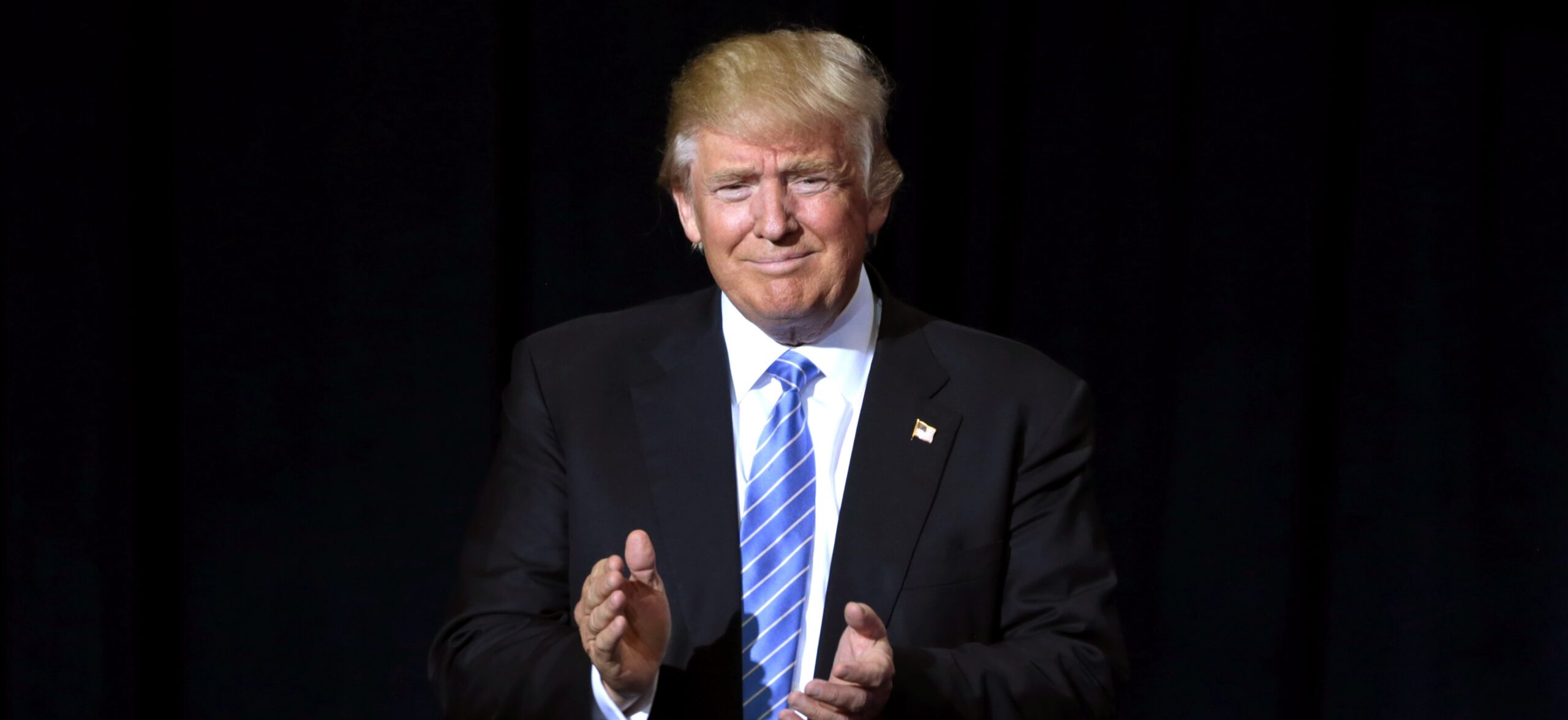President-elect Donald Trump has secured victory in the 2024 election, overcoming Vice President Kamala Harris in a closely watched race.
The former president, who previously held office from 2017 to 2021, reclaimed the presidency after winning several key battleground states.
Trump’s return to the White House will officially commence with his inauguration on January 20, 2025, as mandated by the 20th Amendment of the United States Constitution.
The significance of January 20 for the US presidency
The inauguration date of January 20 is enshrined in the Constitution and marks the official transition of power to the president-elect.
Although the winner is typically projected shortly after Election Day, they do not assume presidential duties until the inauguration.
This timeframe allows the president-elect to prepare for office, select cabinet members, and transition responsibilities from the outgoing administration.
On January 20, Trump will take the presidential oath, immediately assuming presidential powers.
This constitutional tradition ensures continuity and a clear start date for each administration.
Inauguration Day: the ceremony, oath, and procession
Inauguration Day ceremonies kick off with a formal procession to the Capitol, organised by the Joint Congressional Committee on Inaugural Ceremonies.
The vice president-elect takes their oath of office first, followed by the president around noon.
Trump will recite the presidential oath of office, promising to “faithfully execute” his duties and protect the Constitution.
Following his oath, Trump will deliver his inaugural address, outlining the goals and values that will guide his administration.
His speech is expected to focus on national unity, economic recovery, and foreign policy challenges, including the ongoing war in Ukraine.
Trump’s policy priorities
Trump has promised a sweeping agenda, from resolving the conflict in Ukraine to implementing changes to healthcare and immigration policies.
Although he remains president-elect until Inauguration Day, Trump has vowed to negotiate a peace deal for Ukraine even before taking office, aiming to resolve one of the most significant international conflicts.
His domestic agenda also includes efforts to dismantle the Affordable Care Act, widely known as ObamaCare, and enact stricter immigration policies.
Trump’s proposed initiatives reflect his longstanding focus on conservative policies and highlight the sharp ideological contrast between his administration and that of his predecessor.
Moving into the White House
The transfer of power to the incoming president is marked by both ceremonial and logistical actions.
Following his inauguration, Trump will assume residence in the White House, taking over the responsibilities of the outgoing administration.
This includes a “pass-in-review” with military honours, in which Trump and his vice president will review the armed forces.
Ceremonies, parades, and the transfer of official documents serve as symbols of democratic continuity.
The previous president will make an honorary departure, marking the end of one administration and the beginning of another.
The inaugural address
An inaugural address provides insight into the guiding principles of a president’s administration.
Trump’s first address in 2017 promised to transfer power back to the people, marking a populist stance.
His upcoming address is anticipated to touch upon themes of American prosperity, strength, and unity.
It may also signal his approach to pressing issues like inflation, immigration, and international relations.
By emphasising these themes, Trump will likely appeal to both his base and a broader audience, aiming to set a cooperative tone for his administration.
With Trump poised to re-enter the White House, the immediate future will involve legislative proposals and executive actions to fulfil his campaign promises.
Trump’s inaugural address and early actions will set the tone for his term, especially regarding healthcare reform, immigration policies, and foreign affairs.
Given the political divides within Congress, Trump may face challenges advancing his agenda, requiring negotiation and bipartisan support.
Nevertheless, his re-election reflects a mandate from his supporters, giving him a strong foundation to implement his policy vision.
The post Trump inauguration 2025: when will he officially take office as president? appeared first on Invezz

